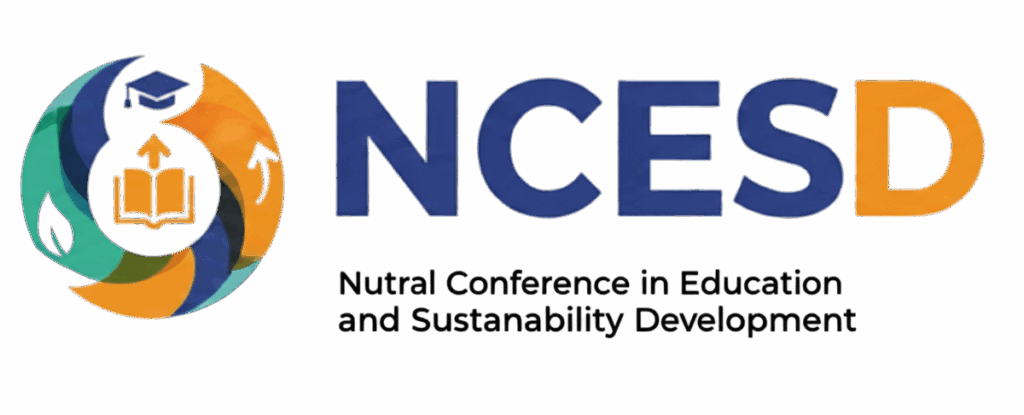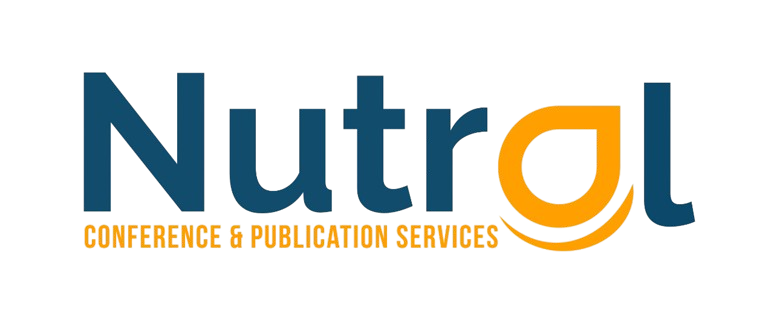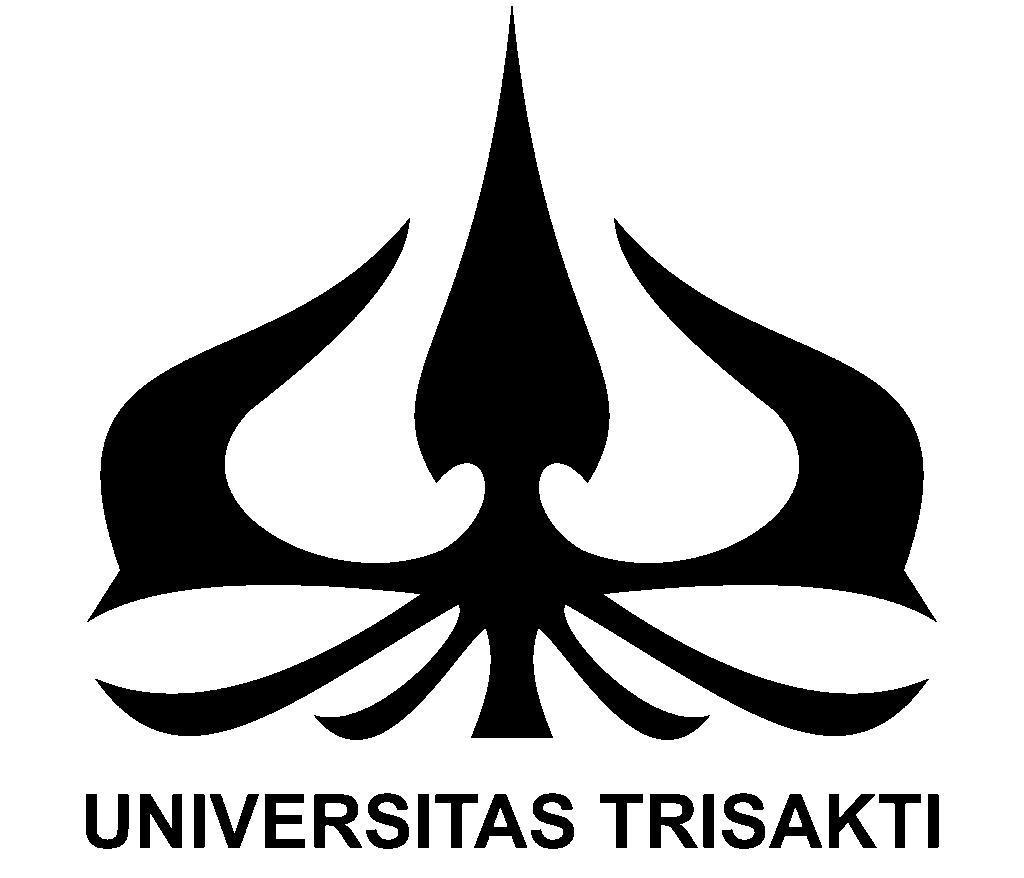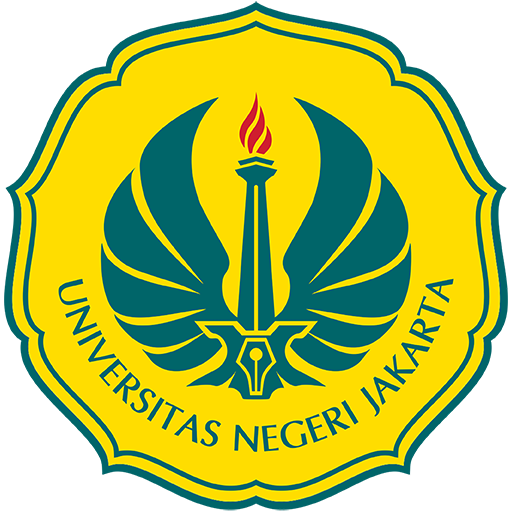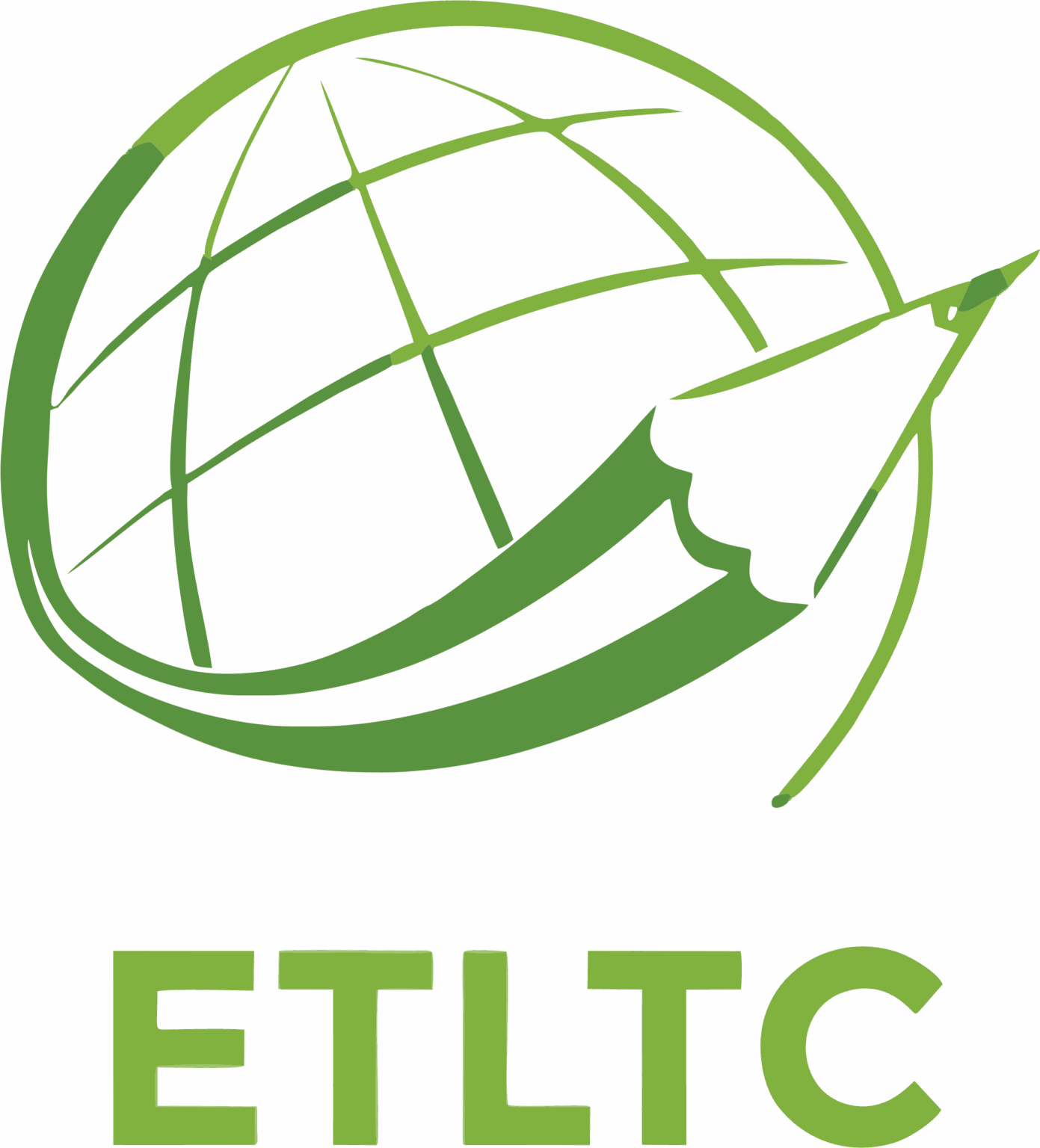Nutral Conference in Education and Sustainability Development (NCESD)
Theme: "Weaving a Sustainable Future: Educational Innovations for Responsible Development"
- Bali, Indonesia
- 7 - 8 May, 2026
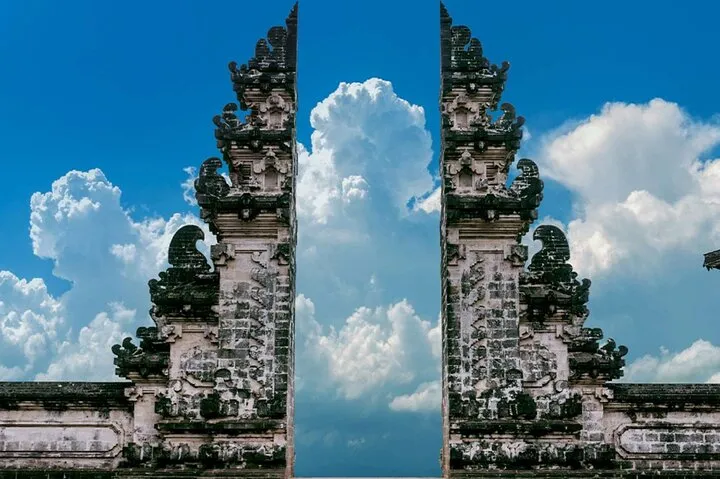


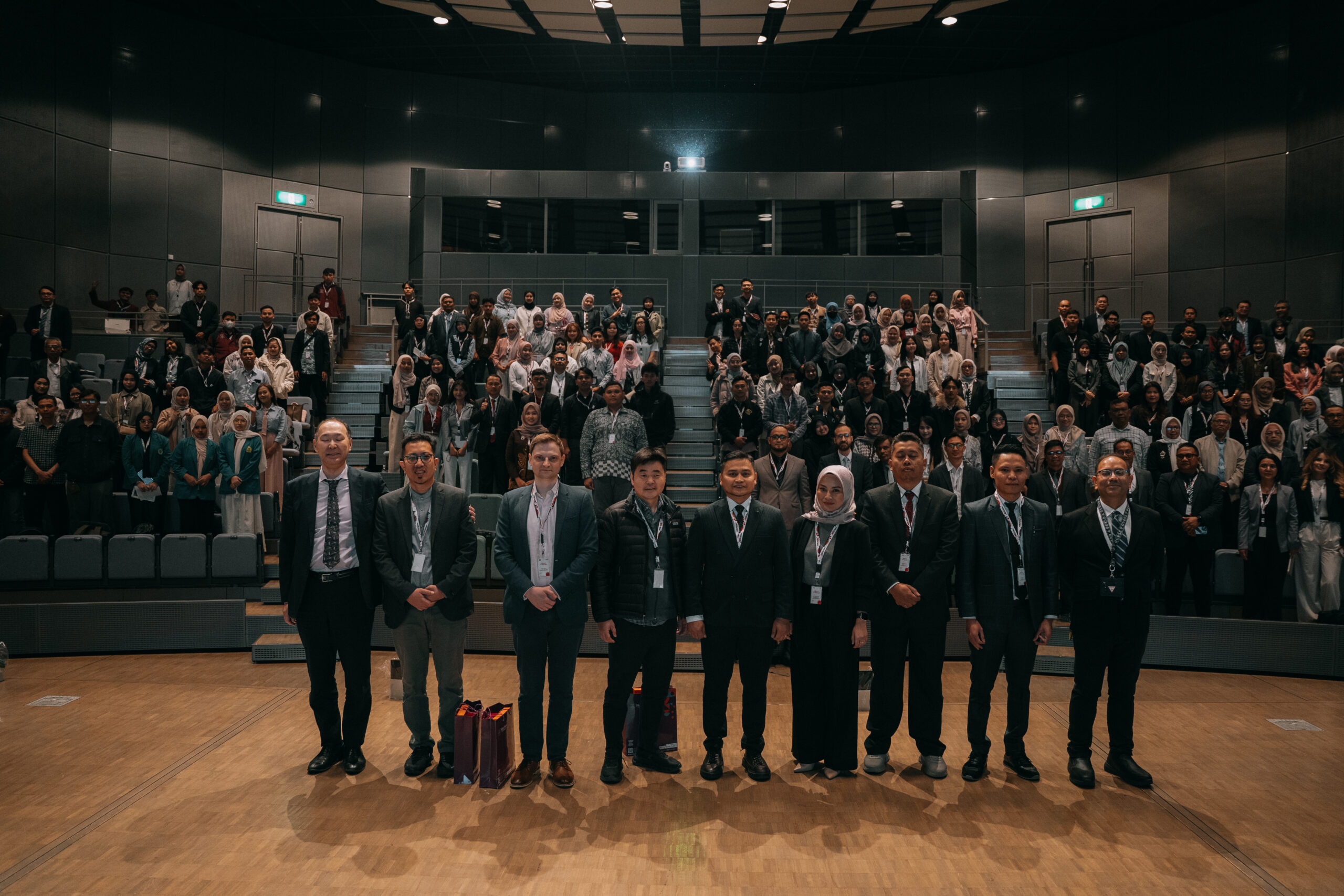

We are pleased to invite you to the Nutral Conference on Education and Sustainable Development (NCESD 2026), scheduled to take place from May 7th to 8th, 2026, in Bali, Indonesia. The conference is proudly hosted by Nusa Putra Research Global (NUTRAL), in collaboration with İstanbul Gelişim Üniversitesi and Nusa Putra University as Co-Hosts. NCESD is a global platform organized by NUTRAL, aimed at uniting academics, practitioners, policymakers, and innovators to exchange knowledge and insights in the fields of education and sustainable development to drive meaningful change and sustainability.
With the theme “Weaving a Sustainable Future: Educational Innovations for Responsible Development”, NCESD 2026 provides an essential forum to address the urgent global challenges of our time. The conference is designed to foster critical dialogue and innovative collaboration, exploring how educational strategies and pedagogical innovations can drive meaningful change, promote sustainability, and contribute directly to the achievement of the Sustainable Development Goals.
We warmly invite you to contribute actively by submitting your abstracts and full papers, presenting your research, and engaging in thought-provoking discussions. NCESD 2026 will bring together scholars, practitioners, and innovators on-site in Bali while also welcoming virtual participation, ensuring a globally connected and inclusive academic experience. All accepted papers will be submitted for publication in Scopus-indexed proceedings, subject to meeting the scope and quality requirements.
Together, let us envision and shape pathways for a sustainable future, one in which education and society are transformed through innovation, collaboration, and purposeful action toward the SDGs.
We look forward to your valued presence and contributions in making NCESD 2026 a truly meaningful and memorable success.
See you in Bali!

Suggested Scope / Topics of Interest
NCESD 2026 welcomes contributions including, but not limited to :
Sustainable Curriculum and Pedagogy
- Curriculum development that integrates environmental, social, and economic sustainability principles.
- Innovative teaching methodologies (e.g., project-based learning, community-based learning) that foster sustainability awareness and action.
- The role of experiential and place-based learning in connecting students to local sustainability issues.
Environmental Education and Climate Change
- Strategies for enhancing environmental and climate literacy across all educational levels.
- The contribution of educational institutions to climate change mitigation and adaptation efforts.
- Case studies on initiatives such as green school certification, sustainable campus models, and waste management programs.
Educational Technology for Sustainable Development
- Leveraging technology (e.g., AI, virtual reality, augmented reality) for simulating complex environmental challenges and sustainable solutions.
- The use of online learning platforms and open educational resources (OERs) to broaden access to sustainability education.
- Technology's role in promoting responsible consumption and sustainable lifestyles.
Financial Literacy and Social Entrepreneurship
- Education that promotes an understanding of the circular economy, ethical consumption, and sustainable business models.
- Exploring educational frameworks that foster social entrepreneurship and innovative business ventures with a positive social and environmental impact.
Policy and Governance in Sustainable Education
- Analysis of educational policies that support the achievement of the United Nations' Sustainable Development Goals (SDGs).
- The importance of multi-stakeholder collaboration (government, civil society, private sector) in advancing a sustainability agenda through education.
- Examining institutional governance structures that prioritize and integrate sustainability into educational operations and missions.
Inclusive and Equity-Based Education
- Strategies to ensure access to quality education for marginalized and vulnerable groups, including children with disabilities, minority communities, and those in remote areas.
- Promoting gender equality in education to provide equal learning opportunities for all students regardless of gender.
- Developing inclusive curricula and pedagogical approaches that accommodate diverse learners’ needs, backgrounds, and abilities.
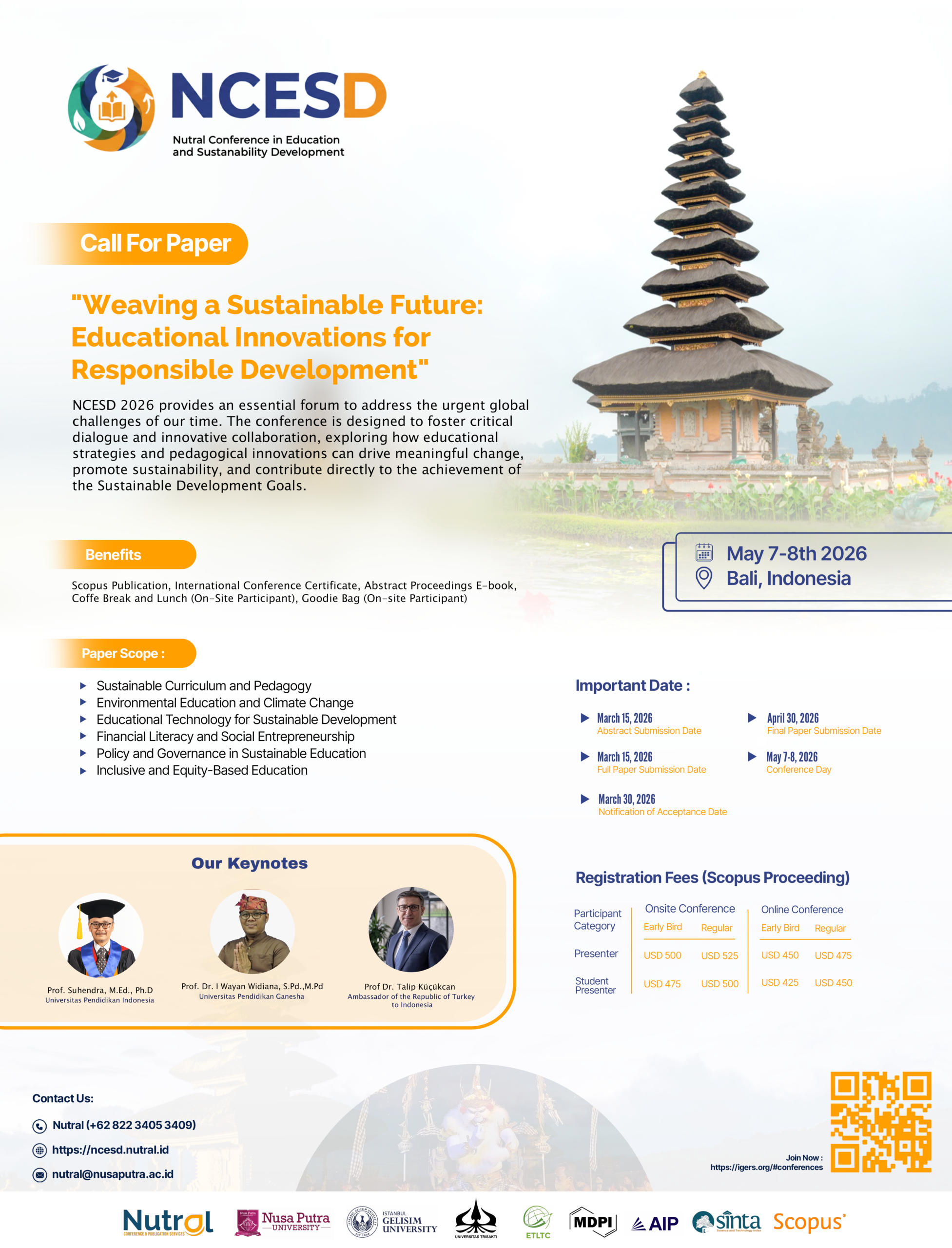
NCESD is part of the ETLTC Conference Series, collaborating with a number of reputable publication partners, including AIP and Engineering Proceedings (MDPI), both indexed in Scopus, as well as nationally accredited journals SINTA 2 and 3, to provide publication opportunities for participants. Some of the partner journals include: International Journal of Recent Educational Research, Jurnal Pendidikan Indonesia, Indonesian Journal of Educational Research and Review, Bisma: The Journal of Counseling, and Journal of Education Technology. The Organizing Committee is also finalizing contracts with additional publishers to expand publication options, and the complete list of journals along with editorial policies will be announced on the official conference website.


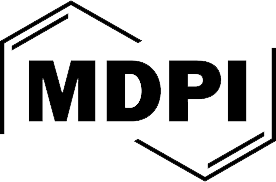











Important Dates
Abstract Submission Date
15 March
2026
Full Paper Submission Date
15 March
2026
Notification of Acceptance Date
30 March
2026
Final Paper Submission Date
30 April
2026
Conference Date
07 - 08 May
2026
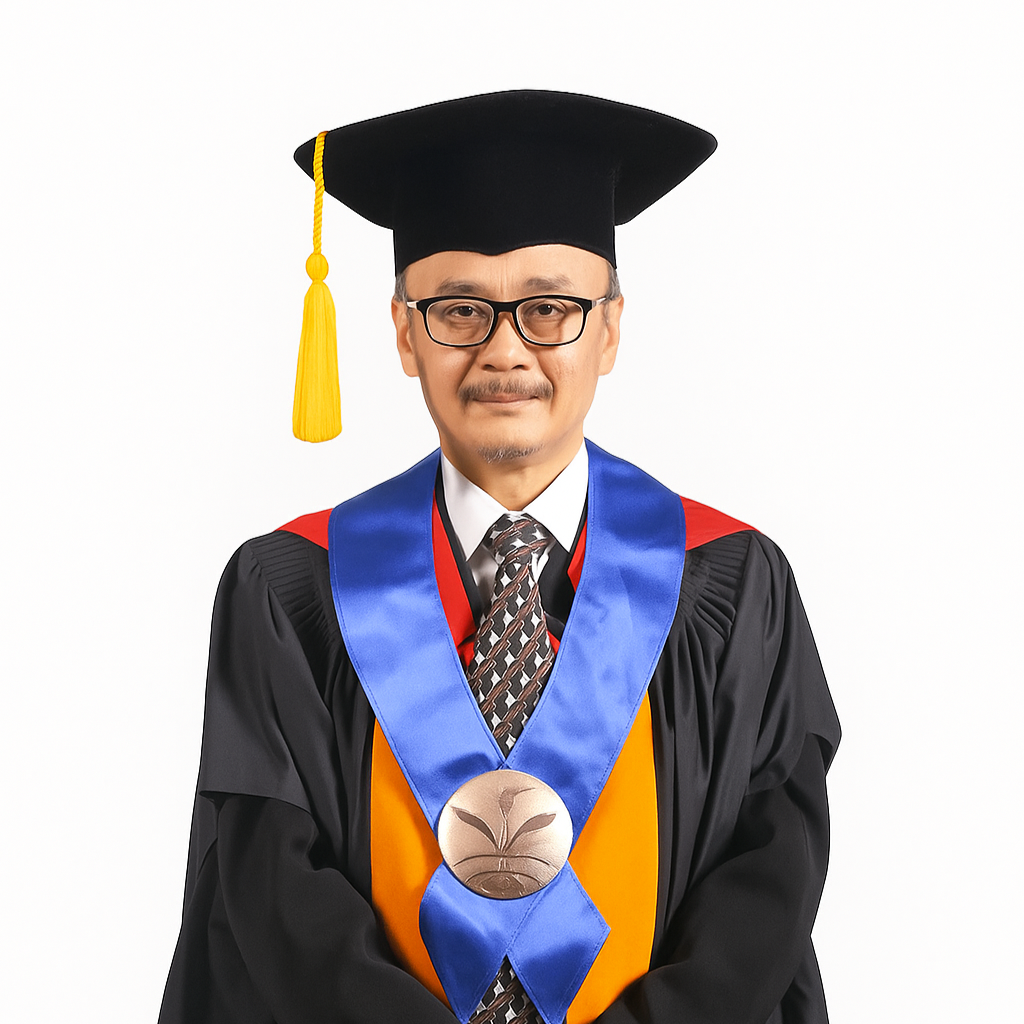
Prof. Suhendra, M.Ed., Ph.D
Universitas Pendidikan Indonesia
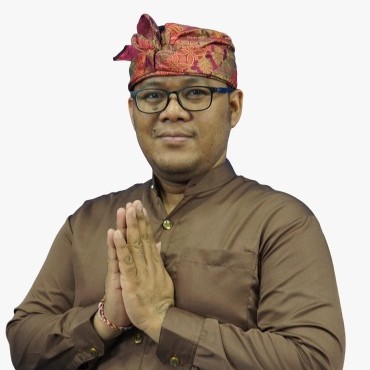
Prof. Dr. I Wayan Widiana, S.Pd.,M.Pd
Universitas Pendidikan Ganesha

Prof. Dr. Talip Küçükcan
Ambassador of the Republic of Turkey to Indonesia
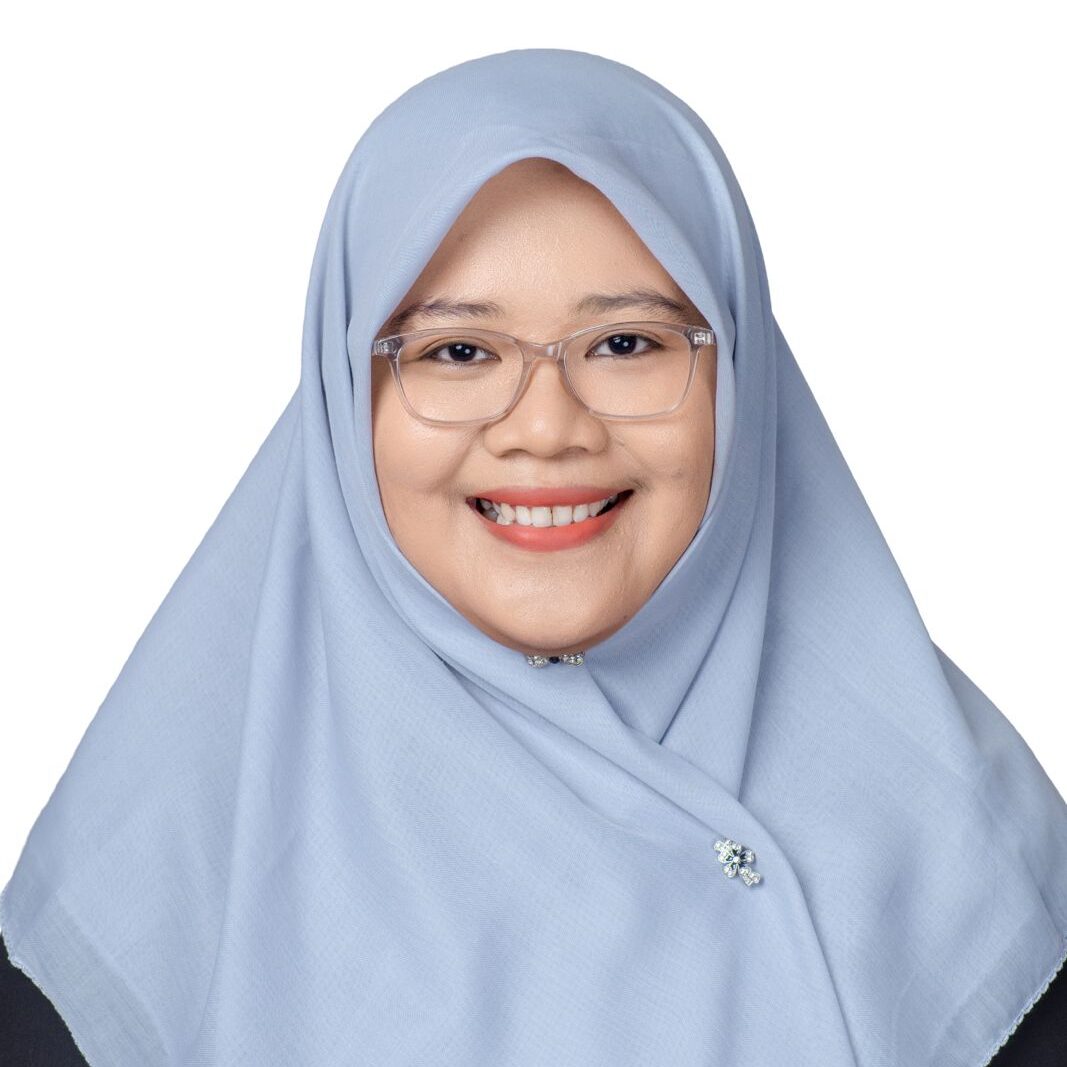
Dr. Anggun Zuhaida, M.Pd
Universitas Islam Negeri (UIN) Salatiga
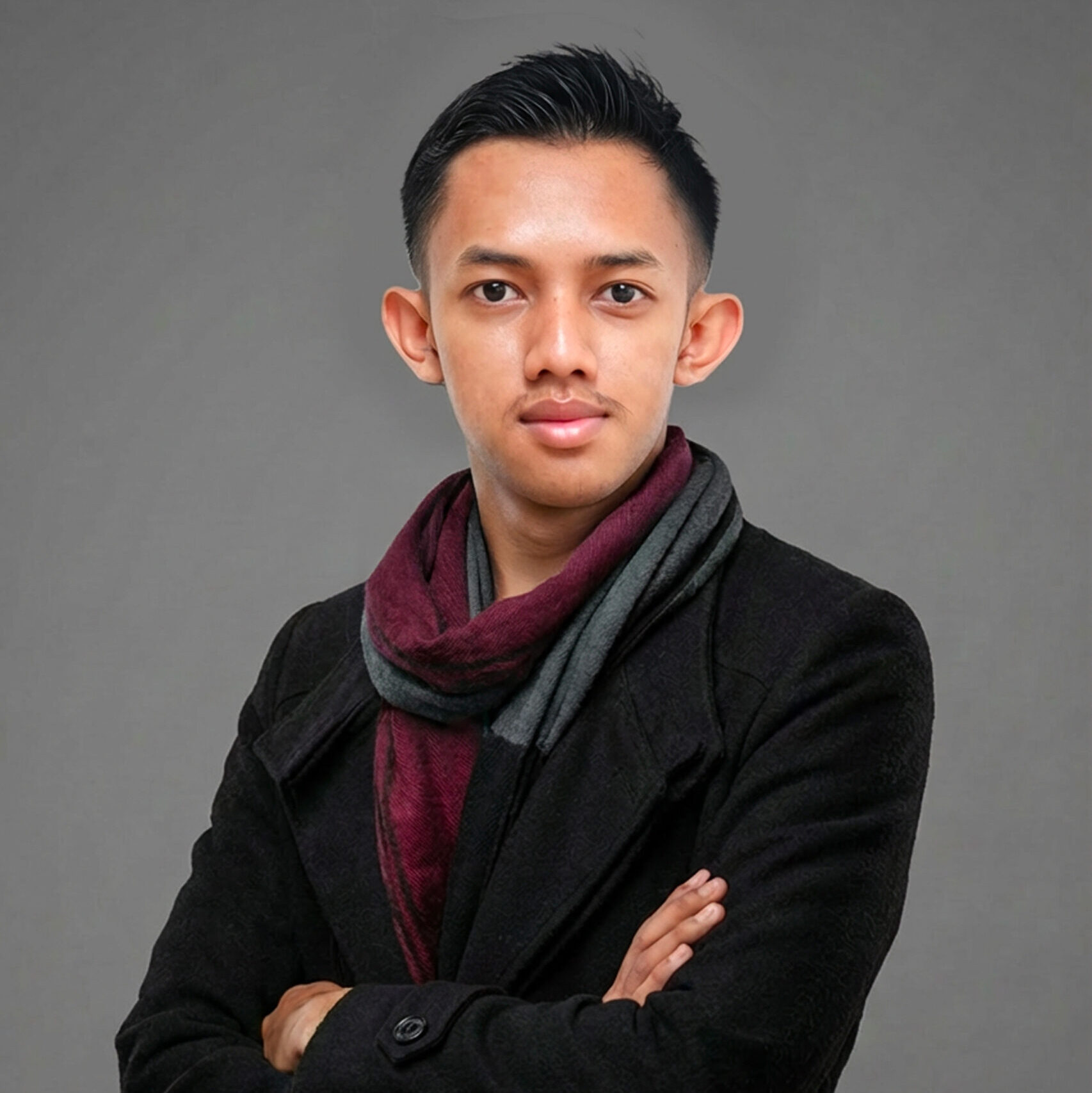
Lukman Hakim Muhaimin, M.Pd.
Nusa Putra University
